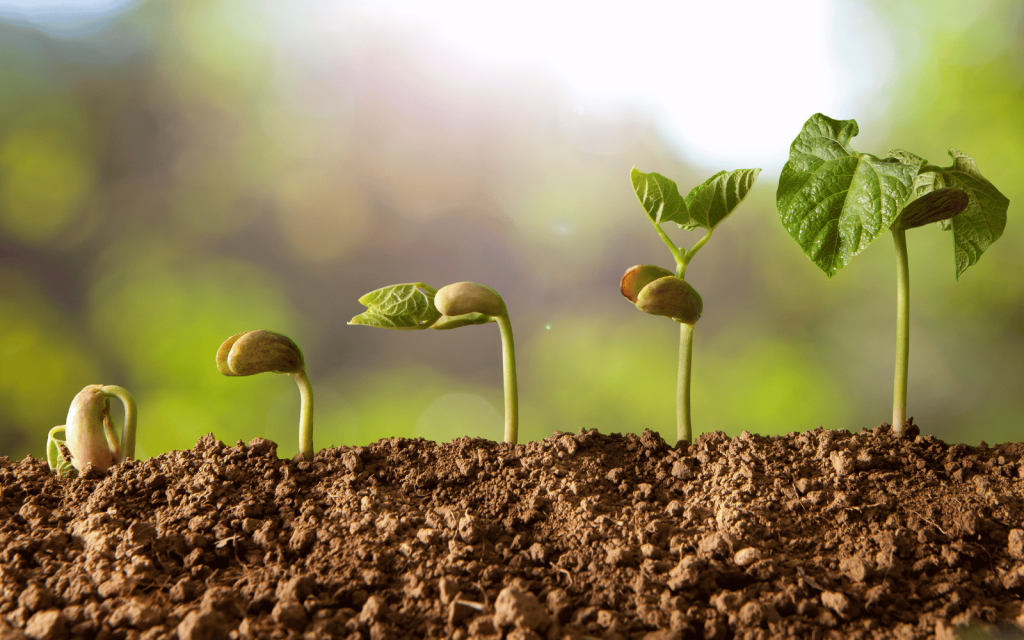In the 21st century, everything is being enhanced through technology. By ‘everything’, though, we weren’t expecting to include good old soil. But that’s just what researchers at Sweden’s Linköping University claim to have achieved.
Called eSoil, the Swedish researchers reckon that their innovation speeds up the growth in barley seedlings (barley is a key ingredient of beer, in case you need a reason to be interested) by 50%. But if all they were doing was sloshing some liquid that smells like decaying shellfish (that’s the nitrogen) onto their crops, we wouldn’t be here.
At least it’s not iSoil
This is an altogether more advanced form of farming innovation. Much like Doctor Victor Frankenstein, the researchers are seeing interesting results by sending jolts of electricity through their experimental subjects. A few touches of electroshock therapy, transmitted through the bioengineered dirt provided to hydroponically grown plants, speed up their growth rate by about 50%.
The soil is specially constructed, so there is some old-school farming know-how in there, but one of the ingredients is PEDOT. The actual name of this polymer is far too long to write out but it’s a key component of many of the electronics that we all use daily. Its inclusion allows for low-voltage electrical stimulation of the roots of plants used for the experiment. This stimulation improves nitrogen uptake, a big deal if you’re the sort with a green thumb.
But before you get excited by the possibilities involved in enhanced hydroponic yields, you can slow down. The experiment has only been conducted with the early stages of plant growth. It still has to be assessed over a plant’s entire life cycle before it can be scaled up to industrial levels. So there’s still the potential for sentient mutant plants that want to eat humans, is what we’re hearing.




